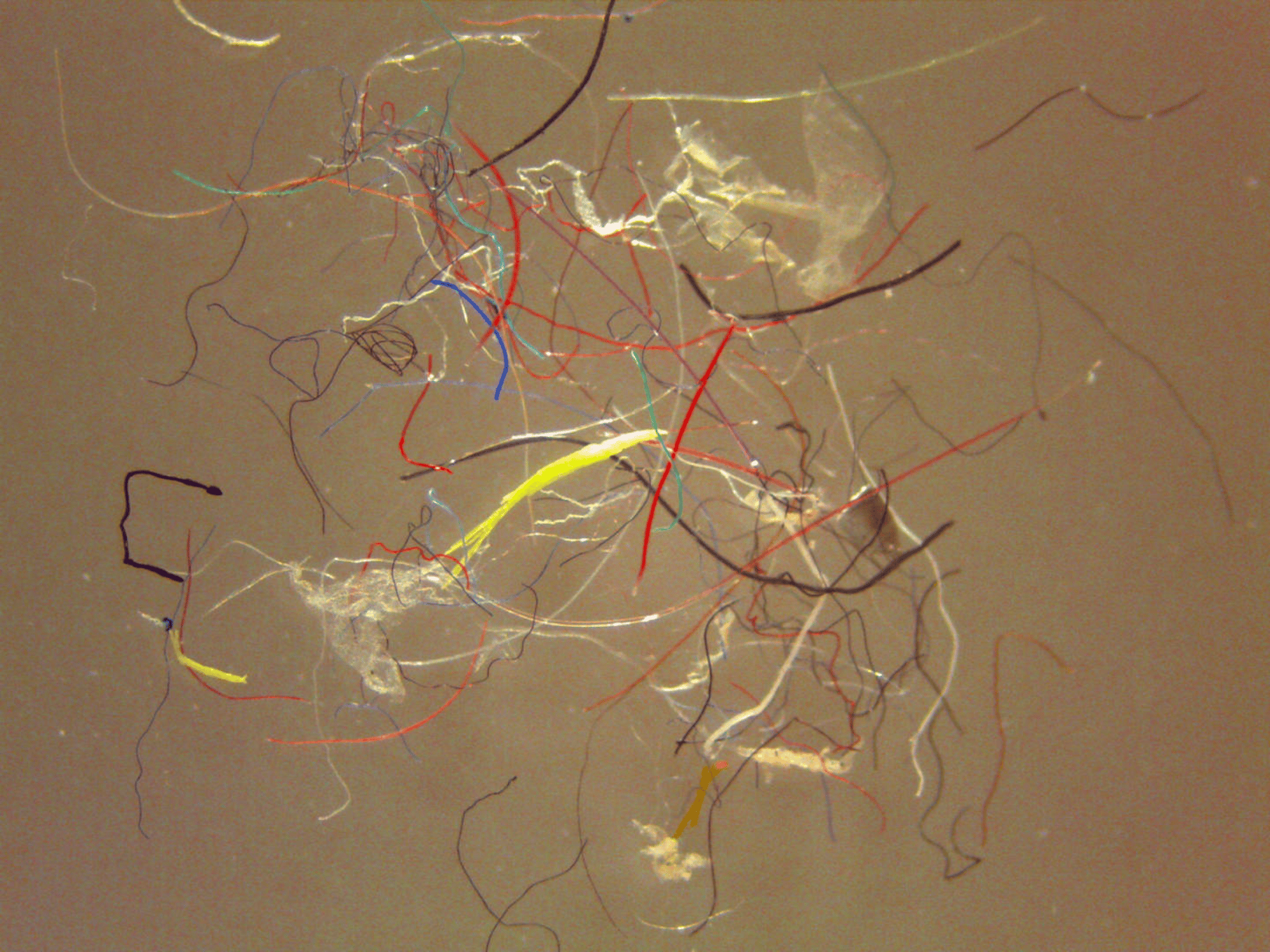The plastic problem.
When you think about the lifecycle of plastic, it isn't just problematic at the end of its life. It's problematic from the very beginning.
Sixty-five percent of the global textile market is now made of synthetics like polyester and polyurethane.
This is a problem. These synthetic materials are plastics made from fossil fuels and treated with hazardous chemistries.
None of this is good.
Plastic is the petroleum industry’s plan B. As renewables weaken fossil fuel’s grip on the energy market, plastic demand is projected to nearly double in G20 nations by 2050. By 2050, greenhouse gas (GHG) emissions from plastic production and consumption are estimated at 56 gigatons, ~10-13% of the world’s remaining carbon budget.
On a nearly weekly basis, we learn about new toxicity and health concerns for the largely unprobed impact of microplastics and the hazardous chemistries (e.g., antimony and BPA) used in plastic manufacturing. It may take decades to understand the true scope of the health implications of the petro-based material economy.
But we don’t need to wait decades—in fact, we can’t wait decades—to do something about it.
We already know that plastics harm the Earth at every step—from 1) the extraction of fossil fuels to 2) the high-energy costs of plastic production, and 3) the continuous shedding of toxic microplastics throughout manufacturing, normal use, and end-of-life.

We can’t recycle our way out of the problem. The promise of recycling has long been marketing moral licensing for plastics. And the industry’s track record bears this out: only 9% of all plastic ever made has been recycled.
This is due to complex material mixtures, sorting issues, and (unsurprisingly) nonviable economics.
While recycling minimizes raw materials, it does not solve the high-energy cost of production, nor microplastic pollution, nor plastic toxicity. (Microplastics now permeate our bodies, soil, food, drinking water, oceans, and air.)
At NFW, we are not content to put a band-aid on this fundamentally limited, linear system of waste production. NFW is scaling a naturally circular, plastic-free material platform with the raw inputs that nature itself uses to create, recycle, break down, and recreate.
NFW is tackling the plastic crisis with high-performance, nontoxic, biobased materials. We have designed a nature-based material platform geared toward systems-level change: it delivers performance with scalability, sustainability, and natural circularity.
We follow three Ground Rules™ for everything we create: Start Well. Stay Clean. End Well.™ These Ground Rules™ help ensure that our materials remain in the slipstream of nature’s own circular systems. After all, nature is the first and best example of a truly circular economy.